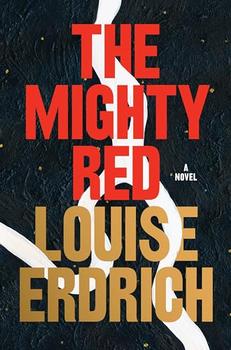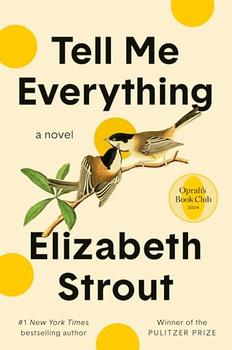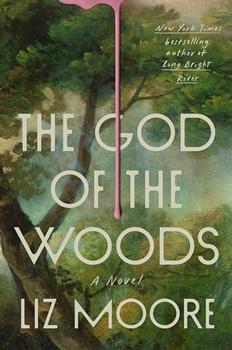(4/19/2011)
The God of Small Things, the first (and so far, only) novel by Indian writer, Arundhati Roy, was written between 1992 and 1996. This (semi-autobiographical) story takes place in the village of Ayemenem and the town of Kottayam, near Cochin in Kerala, and is set principally during two time periods: December 1969 and 23 years later. The main characters are Esthappen (Estha) and Rahel, seven-year-old two-egg (i.e. non-identical) twins, and their mother Ammu. Ammu falls in love with Velutha Paapen, a Paraven (Untouchable) who works for the family’s Pickle Factory, a man the twins already list amongst their most-loved. But even in 1969, with a Communist Government, parts of India are still firmly in the grip of the Caste system. By breaking the "Love Laws," or "The laws that lay down who should be loved, and how. And how much”, Ammu and the twins set in motion “The Terror”. The manipulations of Ammu’s aunt, Baby Kochamma, are instrumental in bringing down The Terror, and her subsequent cruelty to Ammu and the twins will leave readers gasping.
As well as commenting on the Caste system and Class discrimination in general, the novel examines Indian history and politics, the taboos of conventional society, and religion. But more than anything, this is a story about love and betrayal.
The innocent observations of 7-year-olds, their interpretation of unfamiliar words and phrases, the (typically Indian) Capitalisation of Significant Words, the running together of and splitting apart of words , the phonetic spelling, all are a source of humour and delight in this novel. “It’s an afternoon-mare”, Estha-the-Accurate replied. “She dreams a lot”. Even as Estha is being molested by the Orangedrink Lemondrink man in the Abhilash Talkies, his observations (“Not a moonbeam.”) bring laughter. Echoes, repetitions and resonances abound. Roy is a master of the language: “So futile. Like polishing firewood.” Her prose is luminous. This novel is powerful, moving, tragic. Beautifully written, with wonderful word pictures.
This novel demands at least two reads: once to learn the story; a second time to appreciate the echoes and repetitions and understand what the early references mean. It deserves a third reading to fully appreciate the prose, the descriptive passages. On this, my third reading, I read parts I would swear I had not read earlier. And I had tears in my eyes very early in the novel. I loved this book when I first read it: I love it even more now. I remain hopeful that Arundhati Roy will share her considerable literary talents with her eager readers in the form of another novel.



